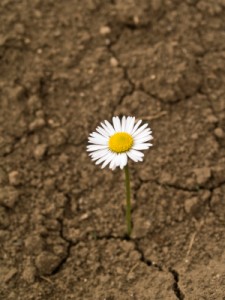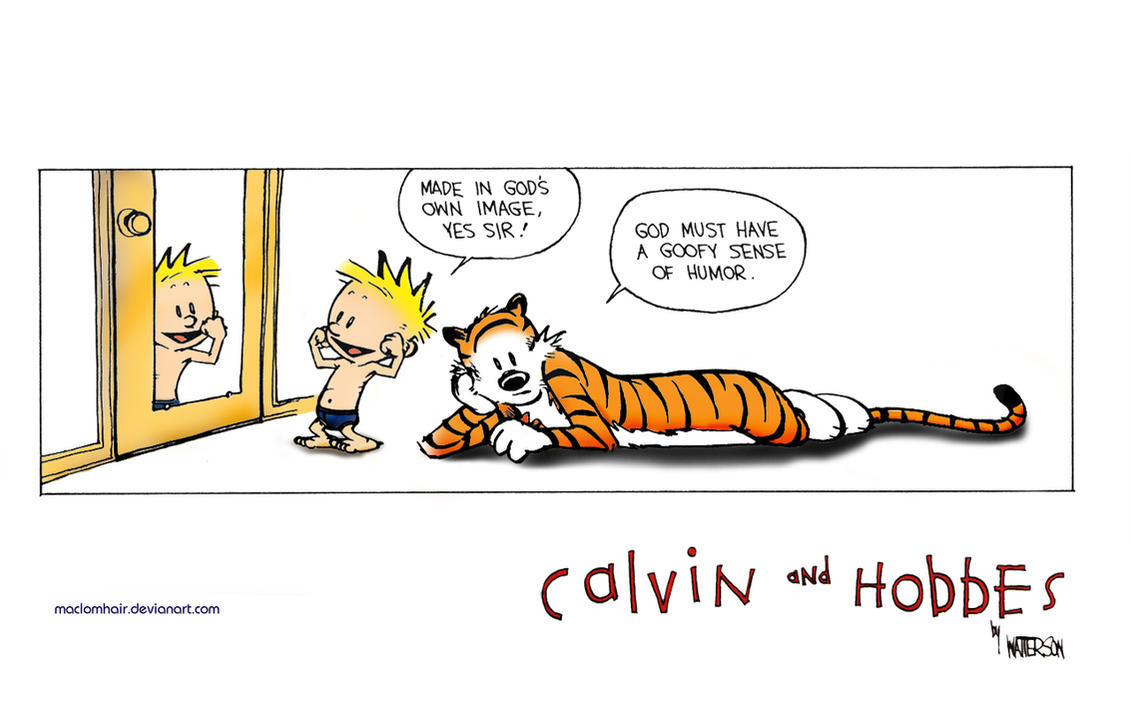God is with you in
everything that you do.
In this week’s portion, Vayera,
Abraham receives this somewhat unusual blessing from an adversary, Avimelech,
the king of Gerar. What does it even
mean for God to be with a person in everything that s/he does?
The Hasidic commentator Mei Ha-Shiloach suggests that the
real challenge is to find the divine in unpleasant circumstances. It is relatively easy to see God’s work in
our moments of joy, success, and celebration; it is much harder when we are
suffering. And yet sometimes the good
and the bad are inextricably mixed, and God is present in all of it.
In his book, Overcoming
Life’s Disappointments, Rabbi Harold Kushner notes that in the grace after
meals, we ask God to bless us just as God blessed our forefathers, with a brachah sh’leimah, a “full and complete blessing”—similar to what
Avimelech offers Abraham. Yet as we read
their stories in the Torah, we see that our patriarchs often struggled with
enormous challenges: infertility, war, bitter family quarrels. What sort of blessings are these things? Kushner concludes: I can only understand the phrase “a full and complete blessing” to mean
the experience of life in its fullness, tasting everything that life has to
offer, the bitter and the sweet, the honey and the bee stings, love and loss,
joy and despair, hope and rejection. The
blessing of completeness means a full life, not an easy life, a hard road, not
a smooth one, a life that strikes the black keys and the white keys on the
keyboard so that every available emotional tone is sounded.
This week, consider: where might you find blessing in an
unexpected place? How can you better
experience God as being with you in all that you do, the good, the bad, and
everything in between?





